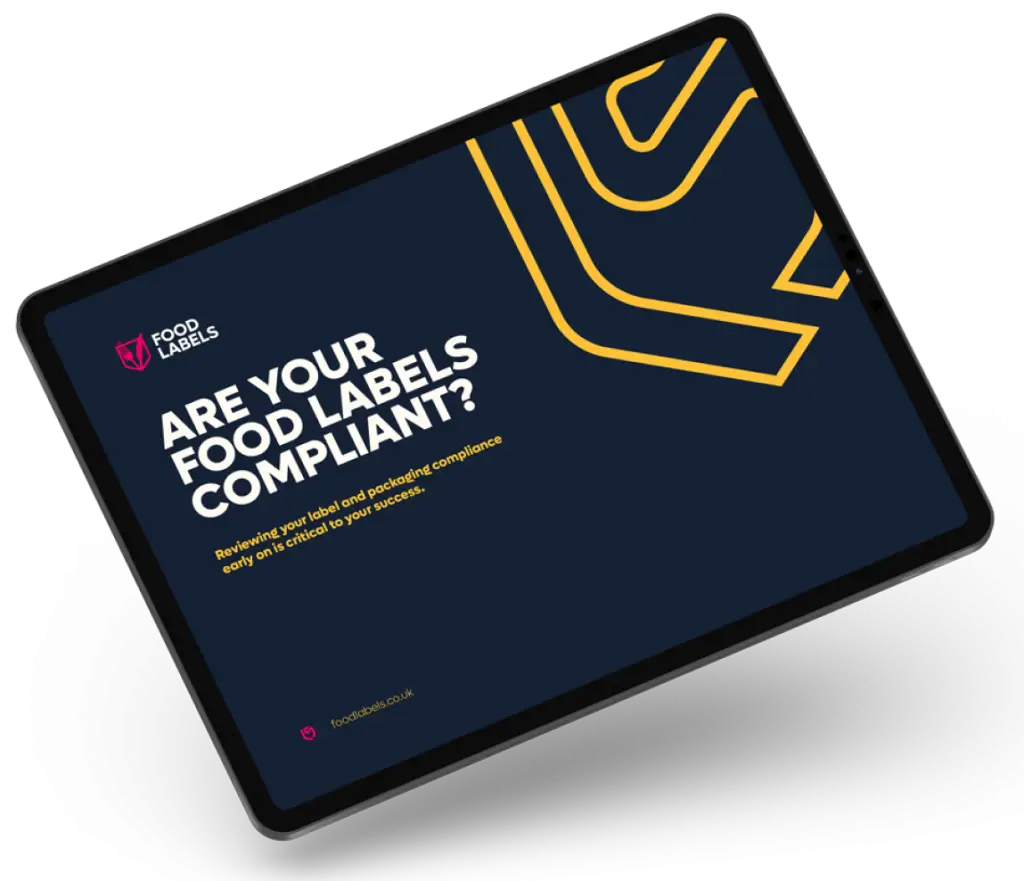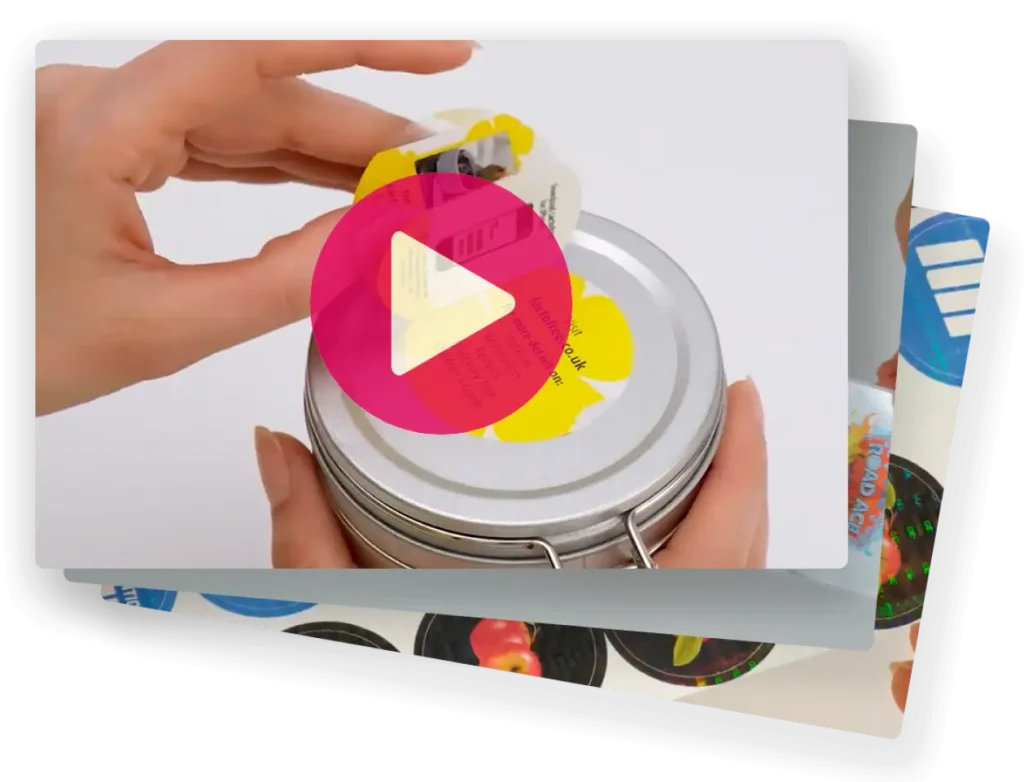In India’s relatively vibrant import economy, it’s common knowledge that a certain segment of the retail selection, most notably items found within the alcoholic beverage industry, arrive through somewhat dubious means. Due to the extremely high import taxes levied against these items by the Indian government, a growing number of retailers have begun to seek out the help of “wine wallahs” who have the contacts needed to procure wines from less expensive sources, including embassies and foreign emissaries who receive a designated quota of duty-free, i.e. tax free, wines and spirits on a regular basis.
That being said, new labelling laws enacted by the Indian government may prove to be a significant impediment to this particular “industry”. According to recent reports, nearly half a million wine and spirits are currently being held by Indian officials due to recent changes in mandated labelling requirements. Products that do not contain labels with a designated proportion of English writing or fail to list all included ingredients are being deemed contraband by the Indian government are are not being allowed into the country.
For the wine wallahs, this could prove to be incredibly disastrous. Knowing full well that the vast majority of European wine and spirit producers do not currently tailor their labels to the specifications outlined by the Indian government, those hoping to make “easy money” through the soft smuggling businesses enabled by lax foreign dignitaries may find that this particular source of income has receded significantly.
The labelling conventions being enacted by the Indian government follow closely with trends that have been witnessed in countries around the world. Recently, both the EU and the United States have introduced new labelling requirements for a variety of consumable products, including foods and beverages. While these alterations may prove to be somewhat costly for manufacturers forced to redefine their entire product base, government officials believe that these changes will better protect consumers and give them the information they need to make informed purchasing decisions.
Although the wine wallahs will, undoubtedly, find new methods to pursue financial gains in this particular business, the current changes issued by the Indian government should serve as a “wake up call” for both the wallahs and manufacturers who have grown increasingly complacent over time.
Read more news from the labelling and packaging industry:
Digital Packaging and Labelling Market Soon To Hit £4.7bn














